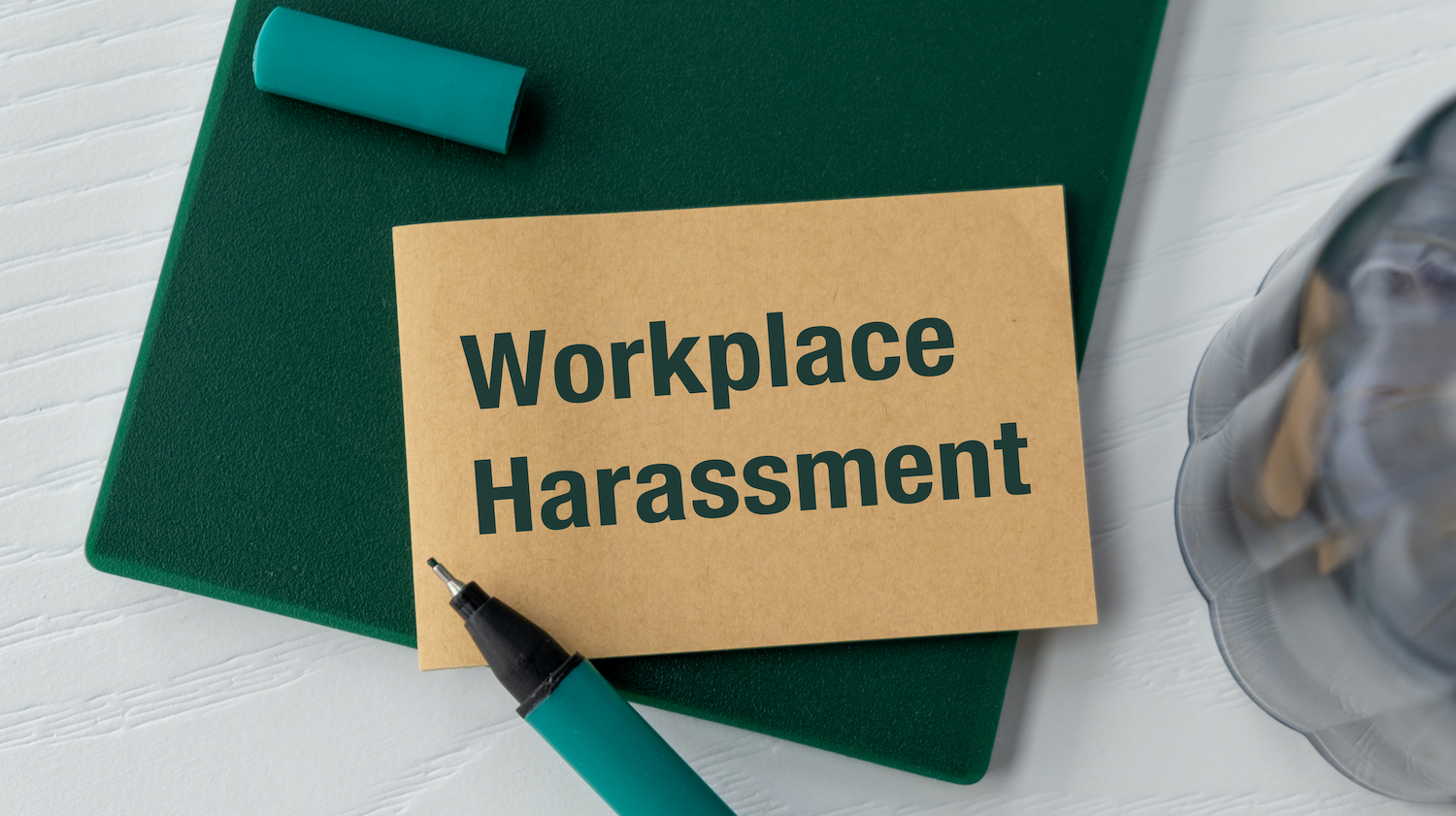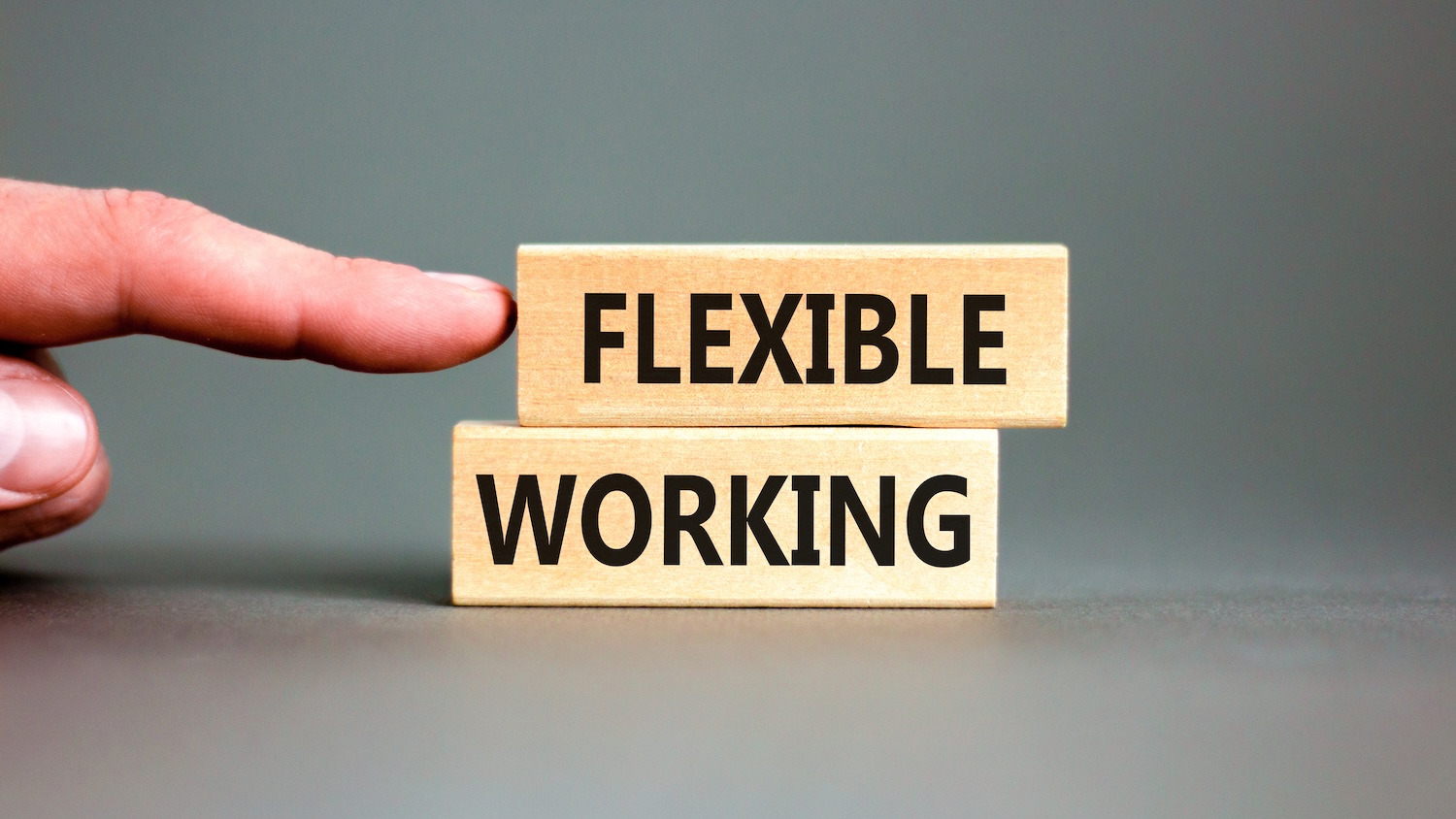
Managing mental health in construction
World Suicide Prevention Day (10 September) serves as a stark reminder of the increase in suicide rates in construction – and the responsibility of employers to establish mental health support in the workplace
The latest data from the Office for National Statistics covering England and Wales shows that 507 people (503 of those male) working in the construction industry committed suicide in 2021, an increase from 483 in 2020.
Workers in construction are nearly four times more likely to take their own lives than workers in other sectors.
The statistics are sobering and underscore the need for employers to be proactive when it comes to tackling stress and anxiety, and their causes.
Meet the challenges of mental ill health
The first step is to ensure that line managers fully understand what mental health is and the impact that good and poor mental health can have on emotional, psychological and social wellbeing.
It is important for them to check in with staff on a regular basis to ask how they are feeling or if they need any help.
It is also important for managers to be alert to any changes in behaviour that might put them on notice that an employee is struggling.
This can be particularly important if changes happen in conjunction with a significant life event, such as a bereavement or a marriage breakdown, which will result in additional pressure outside the workplace.
Men in particular can find it difficult to talk about their mental health and to reach out for help when they need it.
Essential to helping employees with their mental health needs is ensuring all employees are aware of the resources open to them from the organisation and to have a clear understanding of how those services are accessed
Essential to helping employees with their mental health needs is ensuring all employees are aware of the resources open to them from the organisation and to have a clear understanding of how those services are accessed.
It should always be reiterated that these resources are fully confidential. Channels of communication should be kept open so that if an employee doesn’t initially want to talk about problems they are experiencing they should feel they can always do so at a later date.
Again, this is particularly important where men are concerned. The Mental Health Foundation (MHF) has pointed to the fact that three times as many men as women die by suicide and are less likely to access psychological therapies than women (only 36% of referrals to NHS talking therapies are for men).
The MHF explains that society’s expectations and traditional gender roles mean that men are less likely to discuss or seek help for their mental health problems.
Even today, there is still a greater expectation for men to be the breadwinners and to be strong, dominant and in control. This may make it harder for men to reach out for help and open up.
Managers should establish what support would be useful and also signpost services. The Men’s Health Forum, mental health charity CALM, Samaritans and Men’s Sheds are all excellent third party resources that should be looked into.
The charity Band of Builders also provides support to members of the construction industry and their families struggling with their mental health and wellbeing.
Consider supportive measures
It may be possible to put in place supportive measures to help an employee manage their mental health alongside work commitments.
There is a legal duty for employers to make ‘reasonable adjustments’ for employees whose mental health conditions are serious enough to amount to a disability.
However, there’s no need for employers to act in only the more serious cases; supportive measures can be put in place at any time.
Any measures should be kept under review and tweaked if necessary if they don’t seem to be working.
The Advisory, Conciliation and Arbitration Service (ACAS), a non-departmental public body of the government, published guidance earlier this year, Reasonable adjustments for mental health, which reiterates that employers should try to make adjustments even if the mental health condition is not a disability.
The guidance contains practical tips and includes examples of supportive measures that could be considered.
Actively promote physical and mental wellbeing
Establishing a physical wellbeing strategy is a useful way of reducing stress or, ideally, helping to avoid it in the first place.
Staff should be actively encouraged to improve their physical wellbeing and signposted to advice on nutrition, fitness and general health.
Employers may also want to consider putting in place support programmes to help staff tackle drug or alcohol misuse or smoking.
Wellness action plans for staff can facilitate discussion around mental health and help to identify how it can be proactively improved. Mind, the mental health charity, has issued guidance on wellness action plans for managers.
Ensure staff know the limits of banter
Although banter is common to most workplaces, especially in construction, and can help foster stronger working relationships, it should always be clear that there is a limit to it – and an understanding that banter can slip into offensive territory.
Verbal abuse and bullying can have an extremely detrimental impact on mental health and should be treated very seriously. It should be made clear that there is zero tolerance of such behaviour.
It is essential to have clear policies on bullying and harassment in place, and to ensure that these are enforced, so that staff know where to draw the line.
Tom Stephenson is senior associate in the employment team at Trowers & Hamlins.
Mental health support and advice for CIOB members, past members and related family is available through CIOB Assist. CIOB, in partnership with Anxiety UK, also provides wellbeing support.







